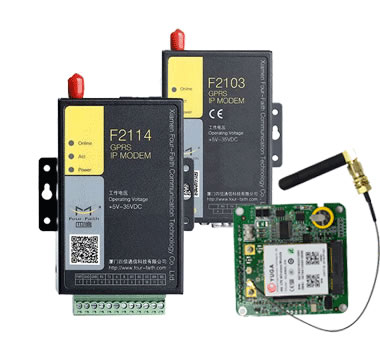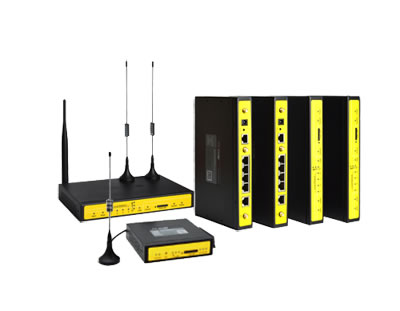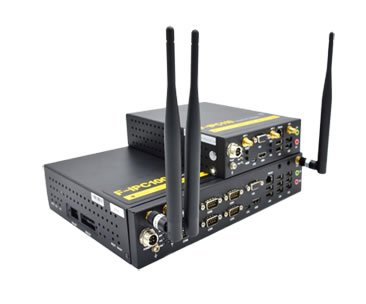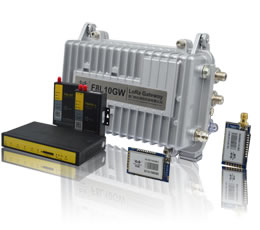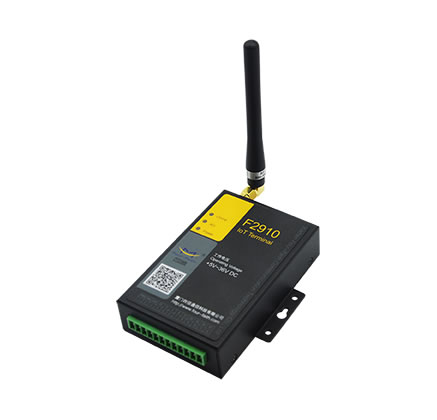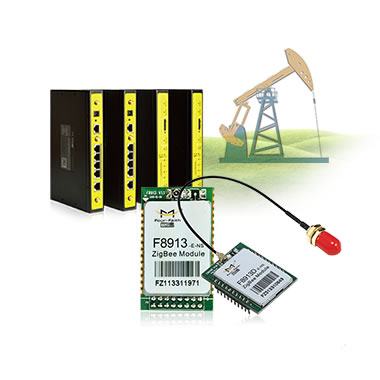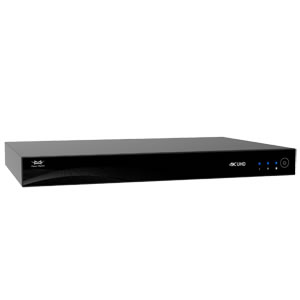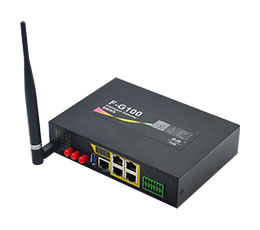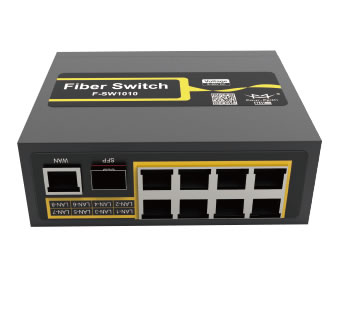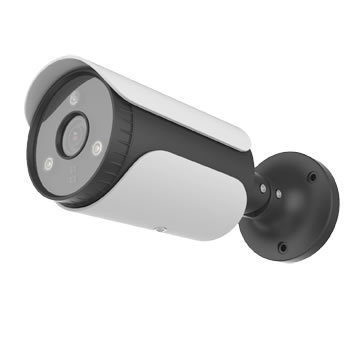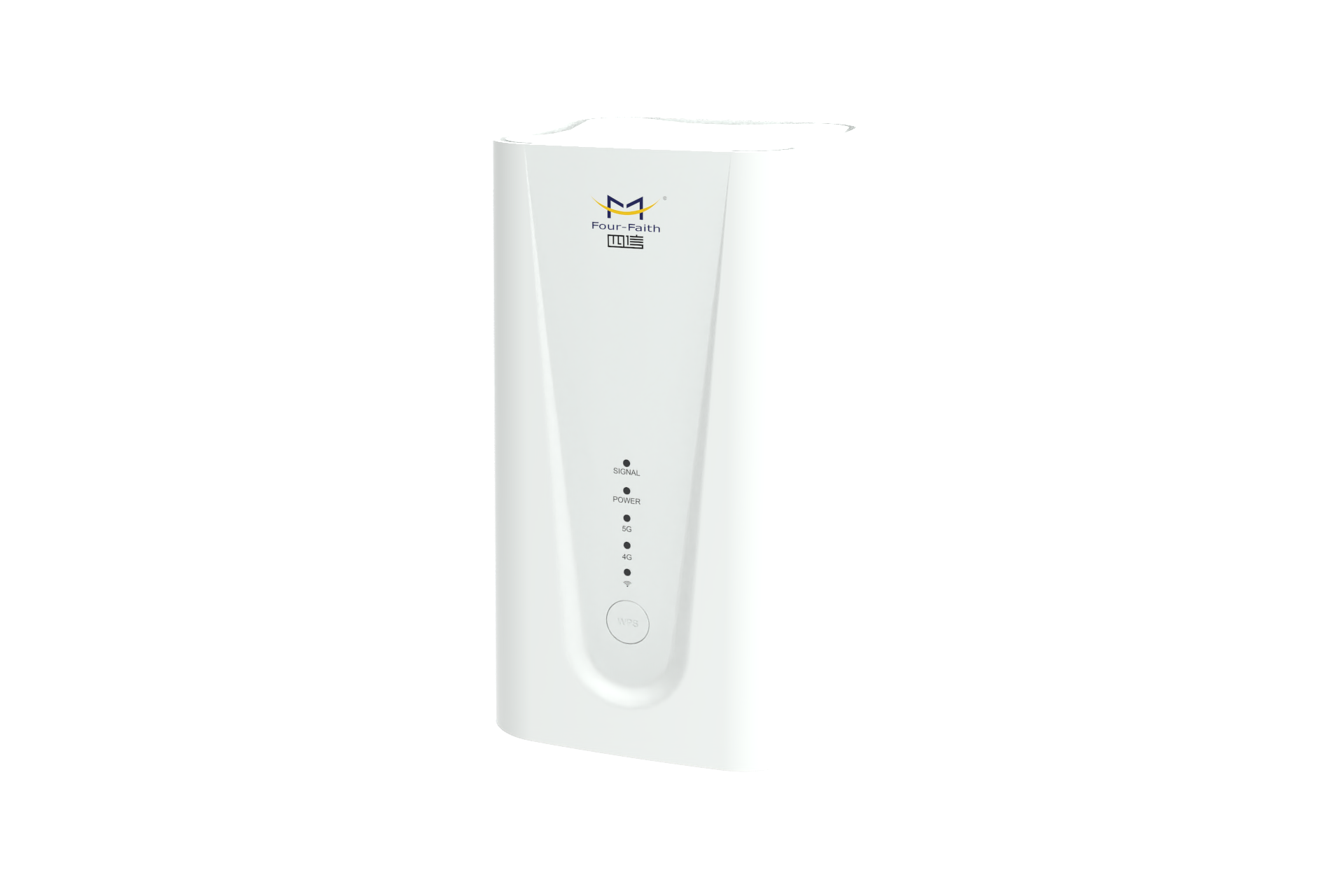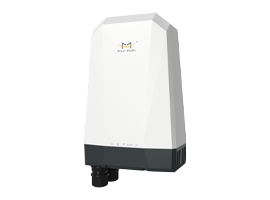The 4g industrial router is a high-speed industrial Internet of Things router, which is fully compatible with 4G/3.5G/3G/2.5G networks and can simply form a high-speed and stable wireless transmission network. This article will introduce the role of 4g industrial routers and how to buy 4g industrial routers.
The 4G router adds a 4G dial-up function on the basis of common routers, which can realize wireless networking functions. The 4G dial-up function is divided into two types: built-in and external. Built-in means that the 4G module is built-in on the PCB board, and the inserted SIM card is used to receive base station signals for networking. Externally, the 4G network card is connected to the USB interface to realize dial-up Internet access, which is to realize Internet sharing.
The wireless router realizes the Internet access function of a whole batch of computers when it is inconvenient to connect to the network cable. The 4G industrial Internet of Things router is an industrial version added to the 4G router. It has a highly stable transmission function and is suitable for use in harsh outdoor environments with high temperatures and severe cold.
4G industrial routers can enjoy fast networking anytime and anywhere when the network is covered. The 4G industrial router is a full-featured network transmission device with good cost performance, allowing you to enjoy the network connection reliably and worry-free. Whether in outdoor meetings, factories or exhibitions, or in harsh outdoor environments.
(1) The purchase of 4g industrial-grade routers depends on the brand. The brand of a Internet of Things router can represent its quality and workmanship. Although 4G industrial router brands have good and bad products, well-known brands will be more secure in follow-up services.
(2) The choice of 4g industrial-grade router depends on the configuration of the interface. Home broadband routers on the market are all based on the "4+1" interface configuration, that is, 4 LAN ports and one WAN port. However, some users may need more interfaces with more computers.
(4) The purchase of a 4g industrial-grade router depends on the local 4G network signal. If your local 4G network is inconvenient and does not cover wide coverage, you can consider using a 3G industrial router. If 4G is smooth, 4G will definitely be better.
In general, the role of 4G industrial Internet of Things routers can be understood as devices that connect different networks to each other. It is available where it is inconvenient to pull the network cable; it is available where communication needs are required, and where things are connected. The birth of 4G industrial routers accelerates the pace of entering the era of intelligent industry.





